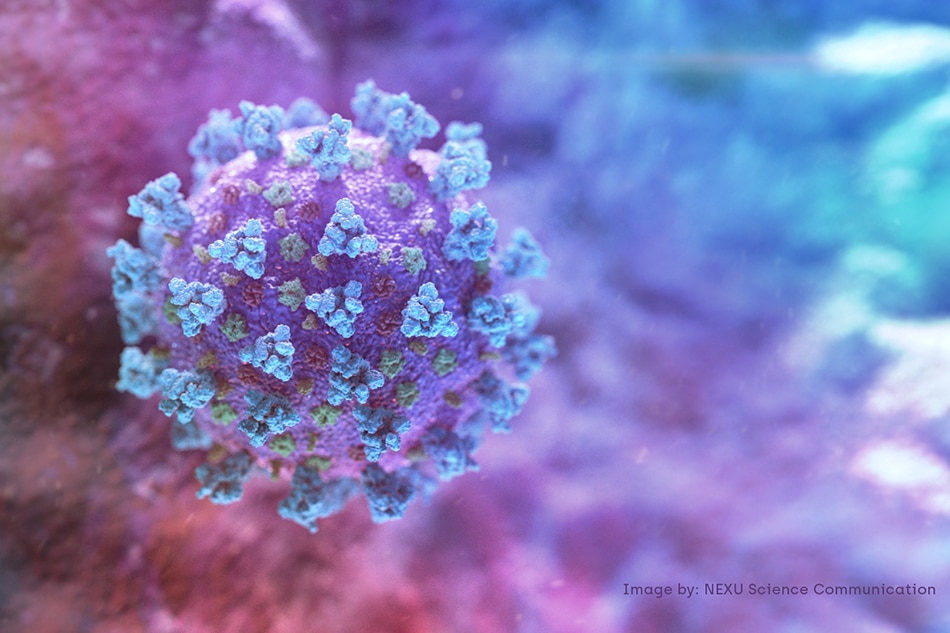
Still, he cautioned that while a lab leak is plausible, that doesn't necessarily mean it's the most probable explanation.īoni said it's still more likely that the virus passed from an animal, such as a bat, into humans. "If we had a pandemic that was sourced near to a BSL-4 lab in the U.S., the first thing you would be asking is if they were working with that pathogen in that lab," said an expert on evolutionary genetics of infectious diseases, Andrew Read, a professor of biology at Penn State. It's that designation, and the lab's location in the city where the outbreak was first reported, that made the institute an early suspect. The institute's lab has a biosafety level of 4 (known as BSL-4, the highest level), meaning it is equipped to study the world's highest-risk infectious agents and toxins, those that require the strictest biocontainment measures. While most of the virologists who spoke to NBC News said the coronavirus probably evolved in nature, they agreed that it's reasonable to look into the possibility that it came from a lab.Īt the heart of those suspicions is the Wuhan Institute of Virology, a research facility founded in the 1950s that was the first in China to receive the highest level of biosafety clearance. What makes the virus's origin a complicated matter is that the various threads can be difficult to reconcile.

"At the time, it was scarier to be associated with Trump and to become a tool for racists, so people didn't want to publicly call for an investigation into lab origins," she said. Hector Retamal / AFP via Getty Images file Trump fueled accusations that the Wuhan Institute of Virology, a research lab in the city where the first Covid-19 cases were reported, was connected to the outbreak, and on numerous occasions he called the pathogen the "Wuhan virus" or "kung flu." The Wuhan Institute of Virology in China's central Hubei province on May 27, 2020.
COVID ORIGIN FREE
The shift reflects how some scientists who previously avoided the topic or were quick to dismiss it are grappling with enduring uncertainties about the virus's origin, free from the politicization that clouded such discussions during the Trump administration.Ĭhan said there had been trepidation among some scientists about publicly discussing the lab leak hypothesis for fear that their words could be misconstrued or used to support racist rhetoric about how the coronavirus emerged. The researchers offered near-uniform summations that few conclusions can be drawn based on the available scientific evidence, but they noted that the context and circumstances of the origin debate have changed, particularly as critics point out that China hasn't been fully transparent about the earliest days of the pandemic. The letter helped kick-start a new round of calls to investigate the "lab leak hypothesis," including demands from President Joe Biden and several leading scientists.Īnd while public discussion of a potential lab leak has shifted significantly in recent months, as more people pay attention to a theory that was originally promulgated by former President Donald Trump and his followers, the scientific evidence has remained unchanged, according to interviews with five virologists who have experience in microbiology, infectious disease ecology and viral evolution.

Chan was one of 18 scientists who published a letter in the journal Science last month calling for a more in-depth investigation into the virus's origin that takes into account theories about both natural occurrence and laboratory spillovers.


 0 kommentar(er)
0 kommentar(er)
